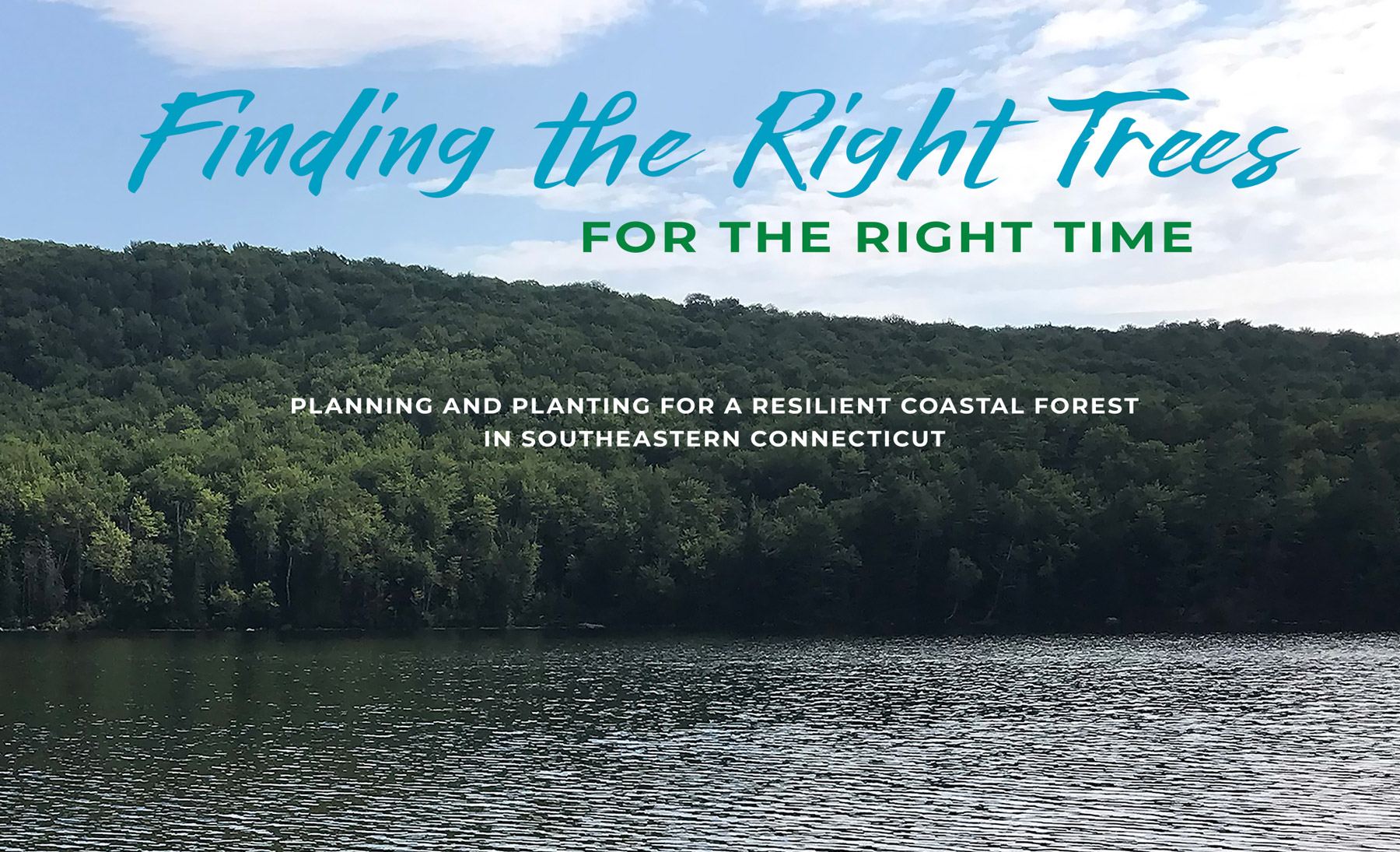
A Speaker Series for The Long Island Sound Study Futures Fund Grant
A four-part online speaker series designed to engage a wide variety of community members to discuss and better understand climate change and its effects on coastal forests in northeastern U.S. Participants will be able to better understand new strategies to create more resilient forests. Because climate change is occurring at a faster pace than traditional stewardship methods allow, these talks open up new research-based ways of thinking about forest management and its relationship to Long Island Sound.
Virtual were talks offered on March 10, April 14, May 12, and June 9. Watch the recorded presentations below.
History of New England Forests and Climate Change
Led by led by Maria Janowiak, researcher and deputy director of the Northern Institute of Applied Climate Science, part of the USDA Forest Service.
This program covers the dilemma facing land stewards in coastal New England in how to preserve native species and natural habitats in ways that are innovative but aligned with the values of informed stewardship.
Watch Presentation
Carbon Sequestration 101
Presented by Dr. Todd Ontl, PhD, a research scientist and climate adaptation specialist for the Northern Institute of Applied Climate Science and Michigan Tech University.
This program addresses how carbon moves into and out of coastal forests, and how carbon cycles and carbon sequestration are fundamental to understanding forest stewardship.
Watch Presentation
Experimenting with Climate-Adaptive Forestry Practices: Challenges and Opportunities
Led by Christopher Riely, a conservationist and licensed forester who works on projects in southern New England through his company, Sweet Birch Consulting LLC.
After giving a brief overview of climate adaptation strategies for forests, he focuses on an experimental project he worked on at a 13,000-acre reservoir property in Scituate, R.I. Site work included planting both native and non-native tree seedlings, monitoring results and providing public education about the project.
Watch Presentation
Brave New Worlds for Trees: Assisted Migration and the Study of the Hoffman Preserve
Led by Juliana Barrett, extension educator and coastal habitat specialist with CT Sea Grant and UConn Extension.
Principle investigator for the grant that funded the Hoffman project and speaker series, Barrett describes the history of the preserve and climate projections through 2050. She presents a progress report on the selection of trees and shrubs that may be best suited to withstand changing climate conditions and discuss assisted migration techniques that can enhance forest resilience. Her presentation also includes a community tree planting component and information about how to select and nurture the right tree for the right spot at the right time.
